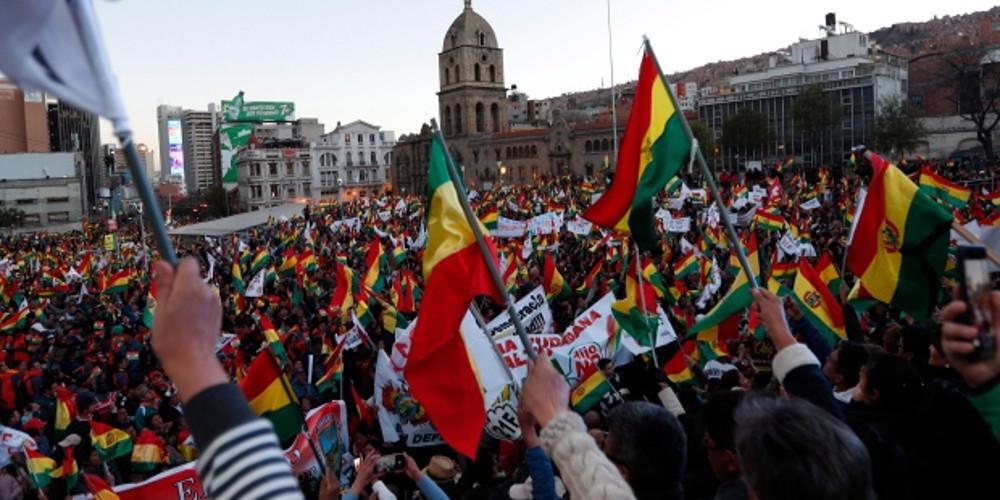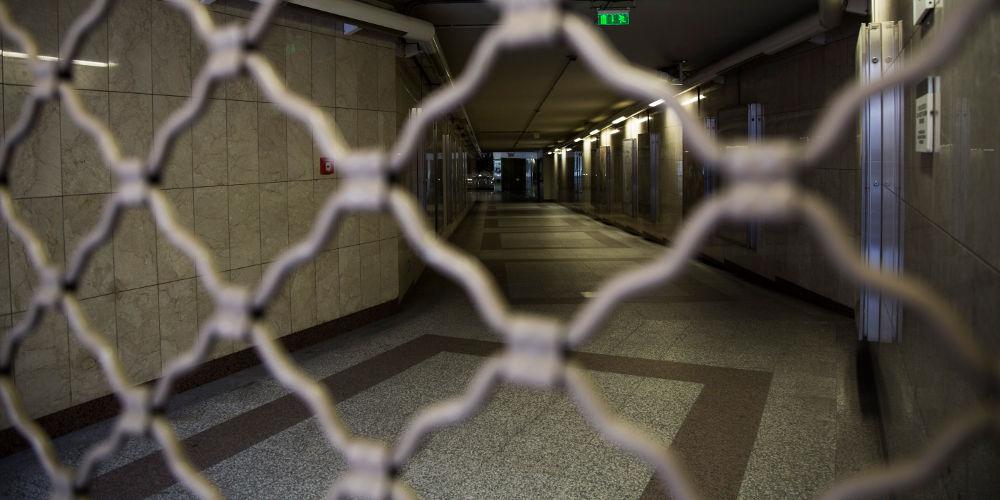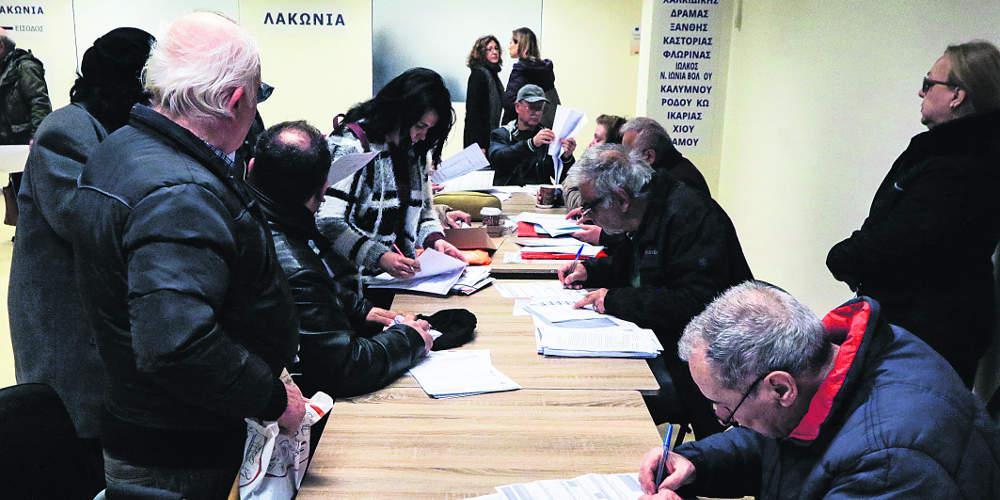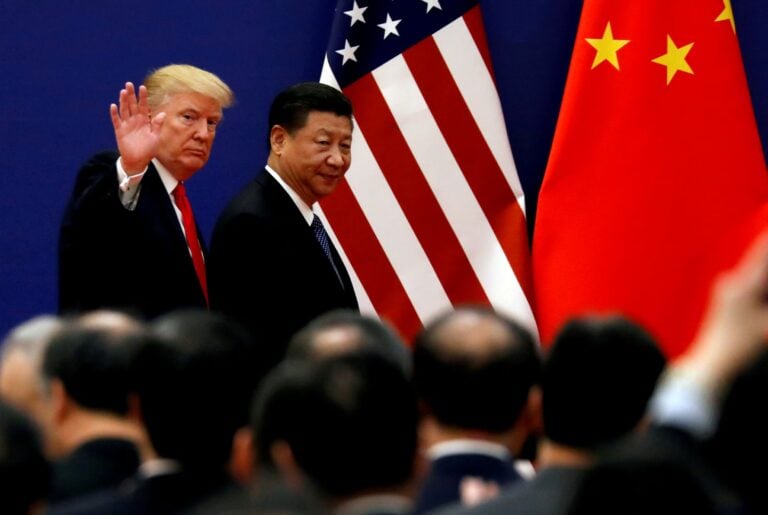This is owed to the country’s position on the map and its infrastructures, he noted, thus being able to help neighboring countries in this matter.
Last winter Greece provided a 35% of Bulgaria’s energy needs, Tsunis added, and is now providing energy to Moldova. Here Tsunis commended Greece for what he called the powerful example of its stance in global affairs.
Energy security is also a matter of national security, he added, mentioning Russia’s invasion in Ukraine, which he said disturbed rules of order that have governed Europe over the last eight decades.
But it is also a matter of economy, as Greece seeks to develop and be strong, but it needs energy and to reduce the cost of it, but it also needs to make sure that the sources of energy will be safe, he added.
“Not having secure, consistent, affordable energy sources is detrimental to global economies”, Tsunis pointed out.
It is imperative to make a shift to Renewable Energy Sources (RES) “the soonest possible”, he added, and noted that Greece would have done away with lignite had Russia not invaded Ukraine. A 30% of Greece’s energy needs are covered through lignite, “but in two years’ time this percentage will be zero”, Tsunis foresaw.
Asked if investments in Greece will be affected by the turmoil in Israel and the Gaza Strip, Tsunis noted that “capital goes where it feels there is safety.”
SEEF2023 is organized by the American-Hellenic Chamber of Commerce (AmChamGR) and the Hellenic Association for Energy Economics, in cooperation with the U.S. Embassy to Greece and in strategic partnership with the Atlantic Council and the Global Energy Institute of the U.S.





























































